Is AI Marketing Automation Right for You? A Deep Dive
Are you navigating the complex world of marketing, wondering if AI automation is the game-changer your business needs?
This comprehensive guide cuts through the noise, offering a clear-eyed look at the transformative benefits of integrating artificial intelligence into your marketing strategies.
Discover how AI can supercharge efficiency, personalize customer journeys, and unlock growth, helping you decide if it’s the right strategic leap for your unique goals.
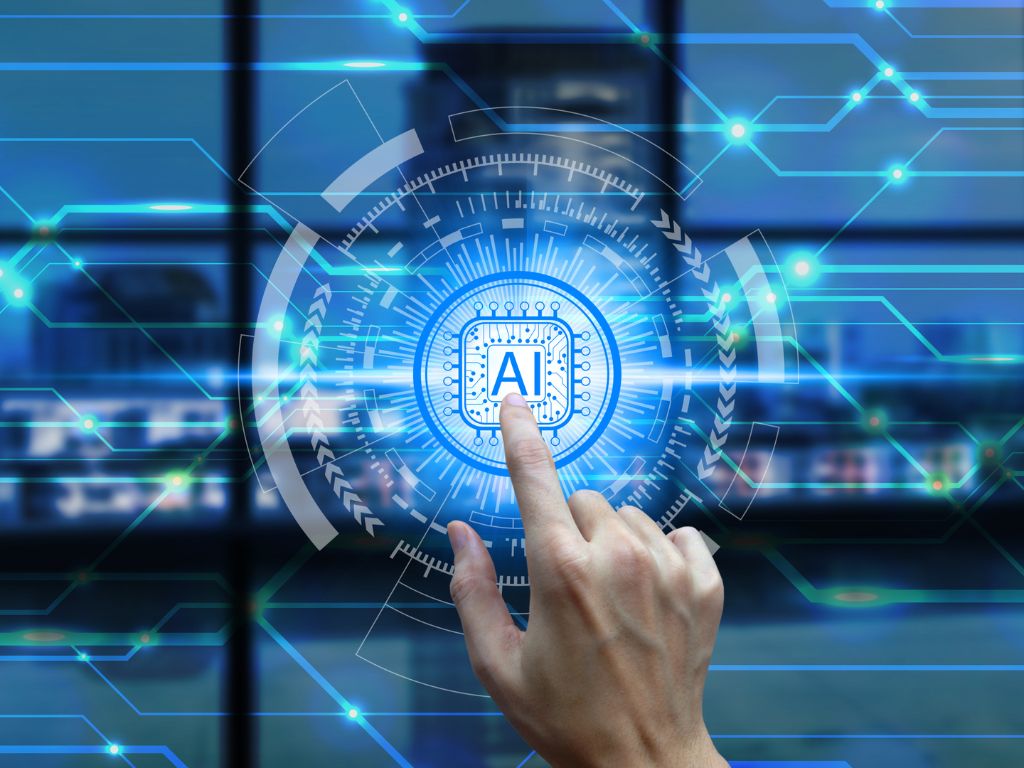
What is AI Marketing Automation?
Forget the sci-fi movie tropes of sentient robots taking over the world. When we talk about AI marketing automation, we’re not envisioning Terminator-like machines writing your ad copy. Instead, we’re discussing incredibly sophisticated software that leverages the power of artificial intelligence to revolutionize how businesses connect with their customers.
At its core, AI marketing automation is the application of machine learning, natural language processing, and other AI technologies to automate, personalize, and optimize marketing workflows. Think of it as traditional marketing automation (like scheduling emails or segmenting lists) but with a supercharged brain.
Here’s the crucial distinction:
- Traditional automation operates on predefined rules: “If a customer clicks this link, send them that email.” It’s powerful, but rigid.
- AI automation goes beyond rules. It learns from vast amounts of data, identifies complex patterns, predicts future behavior, and makes data-driven decisions – often in real-time – without explicit human programming for every single scenario.
What does this look like in practice?
- Hyper-Personalization: Instead of just segmenting by age or location, AI can analyze a customer’s entire digital footprint – browsing history, purchase patterns, email engagement, social media interactions – to predict their individual needs and preferences. It then tailors content, product recommendations, and offers with unparalleled precision.
- Predictive Analytics: AI can forecast which customers are most likely to convert, churn, or become high-value advocates. This allows marketers to proactively engage with the right message at the right time.
- Dynamic Content Optimization: AI can test countless variations of headlines, images, call-to-actions, and ad placements simultaneously, then automatically deploy the highest-performing versions to different audience segments, maximizing engagement and conversion rates.
- Automated Campaign Management: From optimizing ad spend across multiple platforms to intelligently nurturing leads through complex sales funnels, AI can manage intricate campaigns with a level of efficiency and responsiveness impossible for human teams alone.
In essence, AI marketing automation transforms marketing from a series of educated guesses into a continuously learning, adapting, and optimizing ecosystem. It’s about making your marketing smarter, more efficient, and far more effective by leveraging machine intelligence to do the heavy analytical lifting and precise execution, freeing up your human team to focus on strategy, creativity, and deeper customer relationships.
📊 Key Benefits of AI Marketing Automation (At a Glance)
| Benefit | Traditional Way | AI-Powered Way | Impact |
|---|---|---|---|
| Efficiency & ROI | Manual, repetitive tasks drain time | AI automates tasks & optimizes spend | Faster execution, lower costs |
| Personalization | Broad audience segments only | Individualized messages at scale | Higher engagement & conversions |
| Predictive Power | Reactive: act after churn or drop-off | Proactive: predicts behavior & intent | Saves customers before they leave |
| Campaign Optimization | Basic A/B tests, slow updates | Real-time, multi-variant testing | Always running the best version |
| Customer Value | One-off campaigns | AI nurtures long-term loyalty | Boosts CLTV & repeat sales |
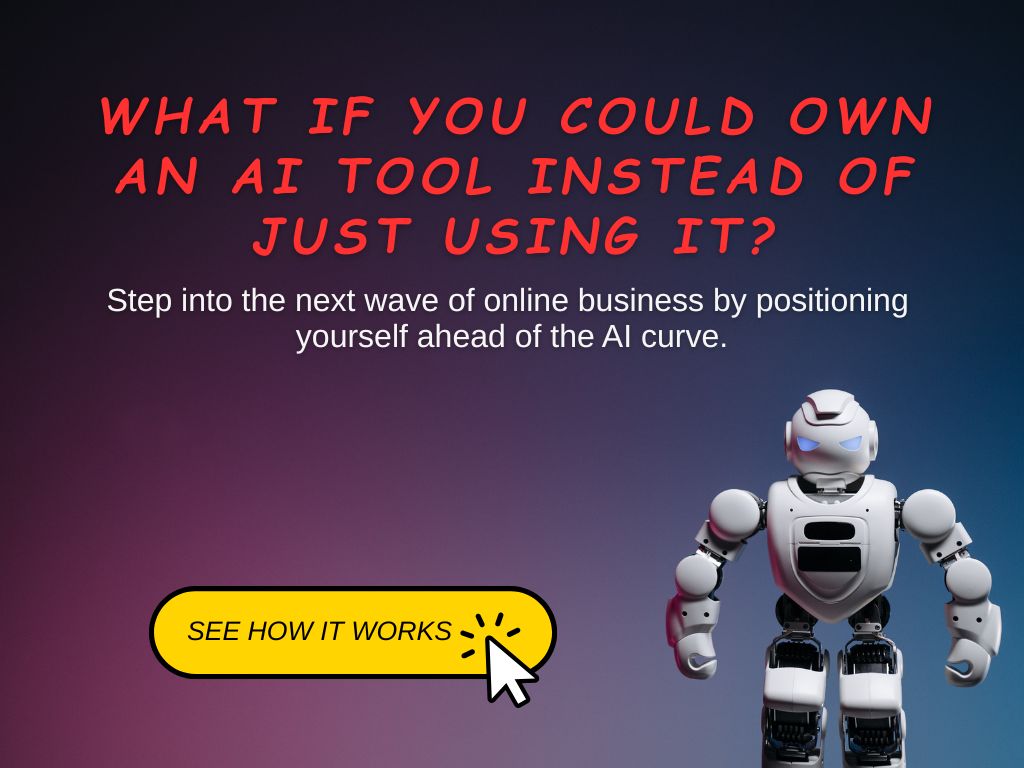
The Unmistakable Edge: Core Benefits of AI Marketing Automation
Embracing AI marketing automation isn’t just about keeping up with the latest tech; it’s about gaining a substantial, often game-changing, competitive advantage. This isn’t merely an incremental improvement; it’s a fundamental shift that delivers a multitude of core benefits, transforming your marketing efforts from reactive guesswork to proactive, data-driven precision.
Here’s how AI marketing automation gives you an unmistakable edge:
- Massive Efficiency Gains & Optimized ROI: AI takes over the heavy lifting of repetitive, time-consuming tasks – from scheduling emails to optimizing ad bids across platforms. This frees up your human team to focus on high-level strategy, creativity, and building genuine customer relationships. By continuously analyzing performance data, AI ensures your marketing budget is spent where it will yield the highest returns, reducing wasted ad spend and maximizing your return on investment (ROI).
- Unparalleled Hyper-Personalization at Scale: While traditional automation can segment, AI personalizes on an an entirely different level. By analyzing every data point from a customer’s digital journey – browsing history, purchase patterns, email engagement, social media interactions – AI can craft truly unique experiences. It delivers the right content, product recommendations, and offers to the right individual at the exact moment they’re most receptive. This level of precision dramatically boosts engagement, conversion rates, and customer satisfaction, making customers feel genuinely understood.
- Superior Predictive Power & Proactive Engagement: Imagine knowing which customers are most likely to churn before they do, or which leads are primed to convert. AI’s predictive analytics capabilities make this a reality. It identifies subtle patterns in behavior, allowing you to proactively intervene with targeted messages, special offers, or support, turning potential losses into loyal advocates and accelerating sales cycles.
- Continuous Optimization & Data-Driven Decision Making: AI thrives on data. It constantly monitors campaign performance, tests countless variations (think A/B testing on steroids!), and automatically adjusts elements like headlines, images, and calls-to-action in real-time to maximize results. This eliminates guesswork, ensuring your campaigns are always learning, adapting, and improving, leading to consistently higher engagement and conversion rates. Your marketing becomes a science, not just an art.
- Enhanced Customer Lifetime Value (CLTV): By fostering deeper, more relevant interactions through hyper-personalization and proactive engagement, AI helps build stronger customer relationships. This leads to increased customer loyalty, repeat purchases, and ultimately, a significant boost in the long-term value each customer brings to your business. Reduced churn and increased advocacy become natural outcomes.
Achieve True Personalization at Scale
In the past, “personalization” often meant segmenting your audience into broad groups based on demographics or basic interests. While a step up from mass messaging, it was still a one-to-many approach. You might send one email to “customers in their 30s interested in fashion” and another to “new sign-ups in California.” Effective, yes, but hardly personal.
This is where AI marketing automation fundamentally redefines the game. It moves beyond mere segmentation to individualized relevance at an unprecedented scale.
Imagine your marketing system not just knowing a customer’s age, but understanding their real-time browsing behavior, their past purchase history down to specific product features, their preferred communication channels, the last time they opened an email, which social media posts they engaged with, and even their likely next purchase. AI gathers and processes this immense tapestry of data for each and every customer.
- Dynamic Customer Profiles: AI creates and continuously updates incredibly rich, dynamic profiles for every individual. These aren’t static segments; they’re living blueprints of customer preferences, needs, and behaviors, evolving with every interaction.
- Contextual Relevance: Armed with these insights, AI can deliver content, product recommendations, and offers that are not just relevant, but perfectly contextual. If a customer just viewed a specific product, AI can immediately follow up with a related accessory recommendation or a helpful how-to guide. If they’re showing signs of churn, it can trigger a personalized re-engagement offer.
- Beyond Rules, Into Prediction: Instead of relying on predefined “if-then” rules, AI learns the intricate patterns that signal intent or preference. It can predict what a customer might want or need before they explicitly ask for it, leading to truly proactive engagement.
- Scalability for the Millions: The most remarkable feat is that AI accomplishes this level of intricate, individual personalization not for a handful of VIPs, but for thousands, even millions, of customers simultaneously. It’s humanly impossible to manually craft such tailored experiences at this scale, but AI handles the complexity with ease and precision.
The result? Customers feel genuinely understood, not just targeted. This deep level of personalization fosters stronger connections, dramatically boosts engagement rates, drives higher conversions, and cultivates unwavering customer loyalty. It transforms your customer interactions from generic broadcasts into a series of meaningful, one-on-one conversations.
📊 AI Marketing Automation: Pros & Cons at a Glance
| Pros | Cons / Challenges |
|---|---|
| Automates repetitive tasks, freeing up your team | Requires clean, well-structured data to perform well |
| Delivers hyper-personalized campaigns at scale | Initial setup and integration can be resource-intensive |
| Predicts customer behavior to reduce churn and boost conversions | Not truly “set it and forget it” and needs ongoing oversight |
| Continuously optimizes campaigns in real time | Quality depends on human strategy, creativity, and data |
| Boosts ROI by reducing wasted ad spend | Small businesses with limited data may see slower gains |

Ai Marketing Automation To Boost Campaign Performance and ROI
Imagine a marketing engine that never sleeps, constantly learning, adapting, and fine-tuning itself to squeeze every drop of value from your budget. This isn’t a futuristic dream; it’s the reality of AI marketing automation.
At its heart, AI’s ability to process and analyze vast datasets in real-time translates directly into superior campaign performance and a significantly boosted return on investment (ROI).
Here’s how:
- Intelligent Ad Spend Optimization: AI platforms can analyze performance across multiple ad channels (Google Ads, social media, display networks) simultaneously. They don’t just tell you what’s working; they predict what will work best and automatically adjust bids, targeting, and budget allocation in real-time to maximize conversions and minimize wasted spend. No more manually shifting budgets or guessing optimal bids – AI handles the complex calculations with unparalleled precision.
- Dynamic Content & Creative Optimization: Forget slow, sequential A/B tests. AI enables continuous, multivariate testing on an unprecedented scale. It can test hundreds, even thousands, of variations of headlines, images, call-to-actions, and ad copy across different audience segments. As soon as a winning variation emerges, AI automatically deploys it, ensuring your campaigns are always running with the highest-performing creative, driving engagement and conversion rates higher.
- Predictive Lead Scoring & Nurturing: By analyzing historical data and real-time behavior, AI can accurately predict which leads are most likely to convert and which require further nurturing. This allows your marketing and sales teams to prioritize their efforts on the most promising prospects, accelerating sales cycles and ensuring no high-value lead falls through the cracks.
- Automated Campaign Adjustments: From optimizing email send times for individual recipients to adjusting retargeting strategies based on recent website visits, AI automates countless micro-adjustments that are critical for performance but impossible for humans to manage at scale. This constant, data-driven refinement ensures your campaigns are always operating at peak efficiency.
By taking on this “heavy analytical lifting” and executing precise, real-time adjustments, AI marketing automation frees up your human team to focus on high-level strategy, creative ideation, and building deeper customer relationships. The result is a marketing ecosystem that is not only more efficient but also profoundly more effective, delivering measurable improvements in your bottom line.
Streamline Operations and Cut Costs With Ai Marketing Automation
Beyond boosting your bottom line through increased conversions, AI marketing automation delivers substantial operational efficiencies that directly translate into significant cost savings. Think about all the tedious, repetitive tasks that consume your marketing team’s day: scheduling emails, segmenting lists, optimizing ad bids, analyzing mountains of data, or even generating basic content variations. These are all processes that traditionally demand significant human hours and are prone to error.
AI steps in as the ultimate efficiency engine. It automates these workflows, executing them with a speed and precision that no human team, regardless of size, can match. This isn’t just about doing things faster; it’s about doing them smarter and with fewer resources. AI minimizes human error by processing data and executing tasks based on learned patterns rather than manual input, preventing costly mistakes like sending the wrong offer or targeting the incorrect audience.
By offloading the “heavy lifting” of data processing, campaign execution, and real-time optimization, AI frees up your human marketers. They can shift their focus from mundane, operational tasks to high-value activities like strategic planning, creative ideation, building deeper customer relationships, and exploring new market opportunities. This means your existing team can achieve far more, potentially reducing the need for additional hires or allowing for a reallocation of talent to more impactful roles.
Furthermore, AI’s ability to constantly monitor performance and adjust campaigns in real-time ensures that your resources especially your ad spend are always optimized. It eliminates guesswork, reducing wasted budget on underperforming ads or ineffective strategies. Less operational overhead, fewer errors, and a more strategic focus directly translate to a leaner, more agile marketing department that delivers superior results at a lower operational cost.
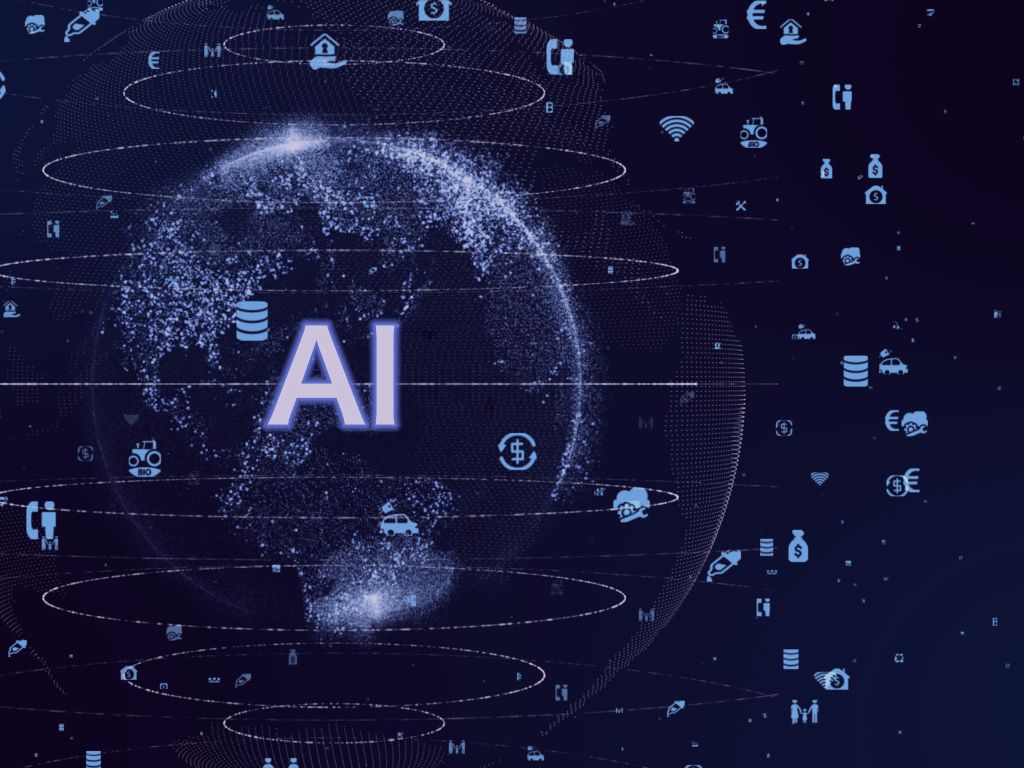
Is AI Marketing Automation Right for Your Business?
While the benefits of AI marketing automation are compelling, it’s natural to wonder: is it the right fit for your specific business? The truth is, AI isn’t a one-size-fits-all solution. Its immense power is best harnessed by businesses that meet certain criteria and are ready to embrace a data-driven future.
When AI Marketing Automation is a Game-Changer for You:
- You’re Data-Rich and Opportunity-Hungry: AI thrives on data. If your business generates a significant volume of customer data – from website visits and purchase histories to email interactions and social media engagement – AI can unlock insights and personalization opportunities that are humanly impossible to process manually. The more clean, accessible data you have, the smarter and more effective AI becomes.
- Scale is Your Challenge: Are you struggling to personalize experiences for thousands or millions of customers? Do your marketing campaigns feel generic because you can’t manage individual outreach efficiently? AI is built for scale, allowing you to deliver hyper-personalized content and offers to vast audiences simultaneously without overwhelming your team.
- Hyper-Personalization is a Strategic Imperative: If your marketing strategy hinges on delivering highly relevant, individualized experiences to boost engagement, conversions, and customer loyalty, AI is your ultimate tool. It moves you beyond broad segmentation to true one-to-one communication at scale.
- You Need to Optimize ROI & Operational Efficiency: Are you constantly questioning your ad spend? Do repetitive, manual tasks consume too much of your team’s time? AI’s ability to optimize budgets, automate workflows, and continuously refine campaigns in real-time directly translates to higher ROI and significant efficiency gains.
- Gaining a Competitive Edge is Crucial: In crowded markets, differentiation is key. Adopting AI marketing automation can give you a substantial edge over competitors still relying on traditional methods, allowing you to capture more market share and build stronger customer loyalty through superior experiences.
- Your Team is Ready for Strategic Work: If your marketers are currently bogged down by operational tasks and you want to empower them to focus on high-level strategy, creative ideation, and building deeper customer relationships, AI can free them from the mundane.
It Might Not Be the Right Fit (Yet) If…
- You Have Limited or Disjointed Data: AI relies on robust, clean data to learn and perform effectively. If your customer data is sparse, fragmented across disparate systems, or of poor quality, AI will struggle. “Garbage in, garbage out” applies here. A foundational step would be to centralize and clean your data.
- You Operate a Very Small Business or Niche Market: For businesses with a very small customer base (e.g., a few dozen clients) or highly specialized, non-scalable marketing needs, the initial investment in AI tools might outweigh the immediate benefits. Manual, high-touch personalization might still be more effective and cost-efficient.
- You Face Significant Budget Constraints: While AI promises long-term ROI, initial investments in platforms, integration, and potentially data infrastructure can be substantial. Ensure your budget aligns with the scale of the solution you need and the value you expect to derive.
- You Lack Clear Marketing Objectives: Don’t adopt AI just because it’s the latest trend. Identify specific marketing challenges you want to solve (e.g., lower churn, higher conversion rates, reduced ad spend, improved lead quality) before diving in. AI is a tool to achieve goals, not a goal in itself.
Ultimately, embracing AI marketing automation is a powerful accelerator for growth and efficiency, but it requires a foundation of data, a willingness to adapt, and clear strategic goals. If you recognize your business in the “game-changer” scenarios, then exploring AI could be the most impactful decision you make for your marketing future.
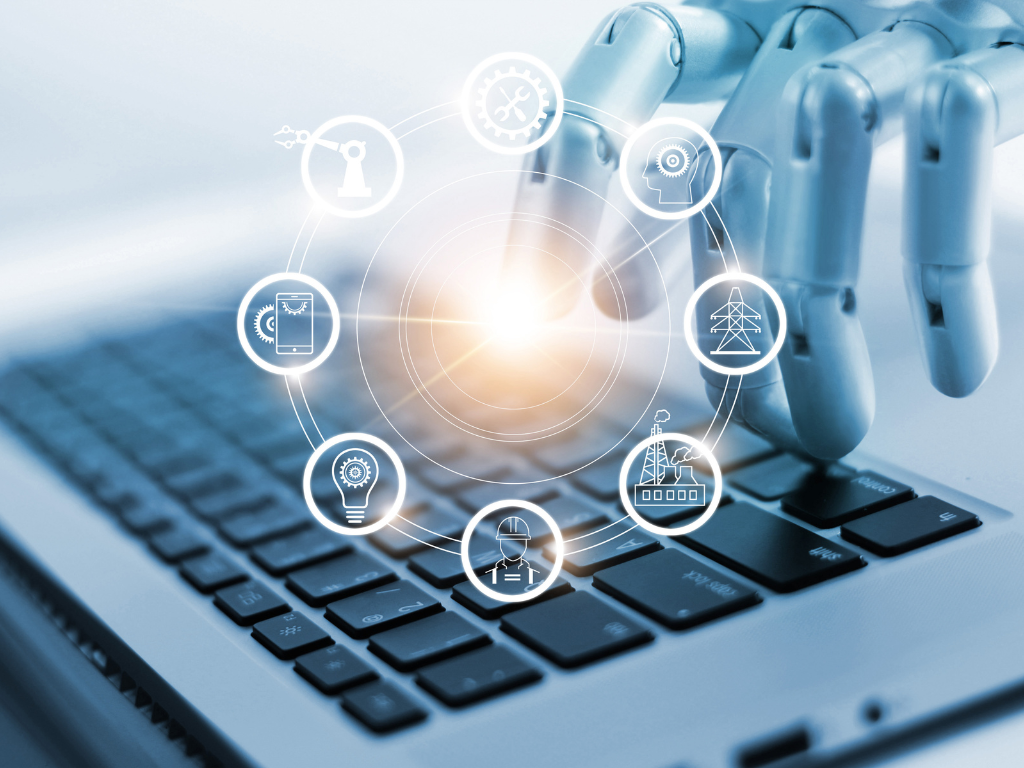
Common Misconceptions and Realistic Expectations
The hype surrounding AI can sometimes lead to unrealistic expectations or even fear. While AI marketing automation is incredibly powerful, it’s crucial to separate fact from fiction and understand what it truly offers.
Here are some common misconceptions and the realistic expectations you should have:
Misconception 1: AI will replace my entire marketing team.
Reality: This is perhaps the biggest fear, and it’s simply not true. AI is a tool, an incredibly sophisticated one, but a tool nonetheless. It excels at data analysis, pattern recognition, automation of repetitive tasks, and real-time optimization – tasks that are tedious, time-consuming, and often beyond human capacity at scale. What AI doesn’t do is strategize, ideate new campaigns, build deep human relationships, understand nuanced emotional appeals, or handle crisis management. AI augments your team, freeing them from the mundane to focus on high-level strategy, creativity, empathy, and innovation. Think of it as a powerful co-pilot, not a replacement.
Misconception 2: AI marketing automation is a “set it and forget it” solution.
Reality: While AI automates many processes, it’s far from a magic bullet that requires no oversight. AI models need initial setup, ongoing training with fresh data, and continuous monitoring to ensure they are performing as expected. You’ll need to define your goals, provide the right data, monitor performance, interpret insights, and make strategic adjustments based on the AI’s output. It’s an iterative process of learning and refinement, requiring human intelligence to guide the machine.
Misconception 3: AI is perfect and never makes mistakes.
Reality: AI is only as good as the data it’s fed. If your data is biased, incomplete, or of poor quality (“garbage in, garbage out”), the AI’s outputs can be flawed, leading to suboptimal or even incorrect decisions. Furthermore, AI operates on probabilities and patterns, not infallible truth. It can misinterpret subtle cues or miss entirely new trends if not properly trained or if the data doesn’t reflect them. Human oversight is essential to catch and correct these potential missteps.
Misconception 4: AI is too complex and expensive for smaller businesses.
Reality: While enterprise-level AI solutions can be substantial investments, the market is rapidly evolving. Many AI-powered features are now integrated into existing marketing automation platforms, making them more accessible to businesses of varying sizes. Scalable solutions exist, and the focus should be on the value AI brings (ROI, efficiency, personalization) rather than just the upfront cost. For smaller businesses, starting with AI-enhanced features within familiar platforms can be a good first step.
Realistic Expectations:
- It’s an Evolution, Not an Overnight Revolution: You won’t see dramatic, game-changing results in a week. Implementing AI, integrating data, and allowing the models to learn takes time. Expect a gradual but consistent improvement in efficiency, personalization, and ROI over months, not days.
- Data Quality is Paramount: AI thrives on clean, comprehensive, and well-structured data. Before diving deep into AI, ensure your data infrastructure is robust. Invest time in centralizing your customer data, ensuring its accuracy, and making it accessible.
- Human-AI Collaboration is Key: The most successful AI marketing strategies are those where human marketers and AI work in tandem. AI handles the analytical heavy lifting and precise execution, while humans provide strategic direction, creative flair, ethical oversight, and the nuanced understanding of customer psychology that machines cannot replicate.
- Continuous Learning and Adaptation: The marketing landscape is constantly changing, and so should your AI. Be prepared for ongoing adjustments, retraining of models, and adaptation to new trends, customer behaviors, and market conditions. Your AI system should be seen as a living, evolving entity.
By approaching AI marketing automation with a clear understanding of its capabilities and limitations, you can harness its incredible power to transform your marketing efforts, making them smarter, more efficient, and profoundly more effective. It’s not about replacing humans, but about empowering them to achieve far more.
Conclusion: Ai Marketing Automation
We’ve journeyed through the transformative landscape of AI marketing automation, moving far beyond the realm of science fiction to explore its tangible, real-world benefits. What’s clear is that this isn’t just another tech trend; it’s a fundamental shift in how businesses can connect with their customers, optimize their spend, and drive unprecedented growth.
From delivering hyper-personalization at scale that makes every customer feel uniquely understood, to powering massive efficiency gains and optimized ROI that turn your marketing budget into a lean, high-performing machine, AI is redefining what’s possible. It equips you with superior predictive power, allowing for proactive engagement, and ensures continuous optimization of every campaign, turning marketing into a data-driven science.
Ultimately, AI marketing automation isn’t about replacing the human element; it’s about supercharging it. It frees your team from the mundane, repetitive tasks, allowing them to focus on high-level strategy, creative brilliance, and the invaluable human connections that truly build brands. It’s about empowering marketers to be more strategic, more creative, and more impactful than ever before.
For businesses rich in data, hungry for scale, and committed to gaining a significant competitive edge, embracing AI marketing automation is no longer a luxury, it’s a strategic imperative. It’s an investment in a future where your marketing is smarter, more responsive, and profoundly more effective, ensuring your business not only keeps pace but truly leads. The question isn’t if AI will transform marketing, but when you’ll harness its power for your own success.
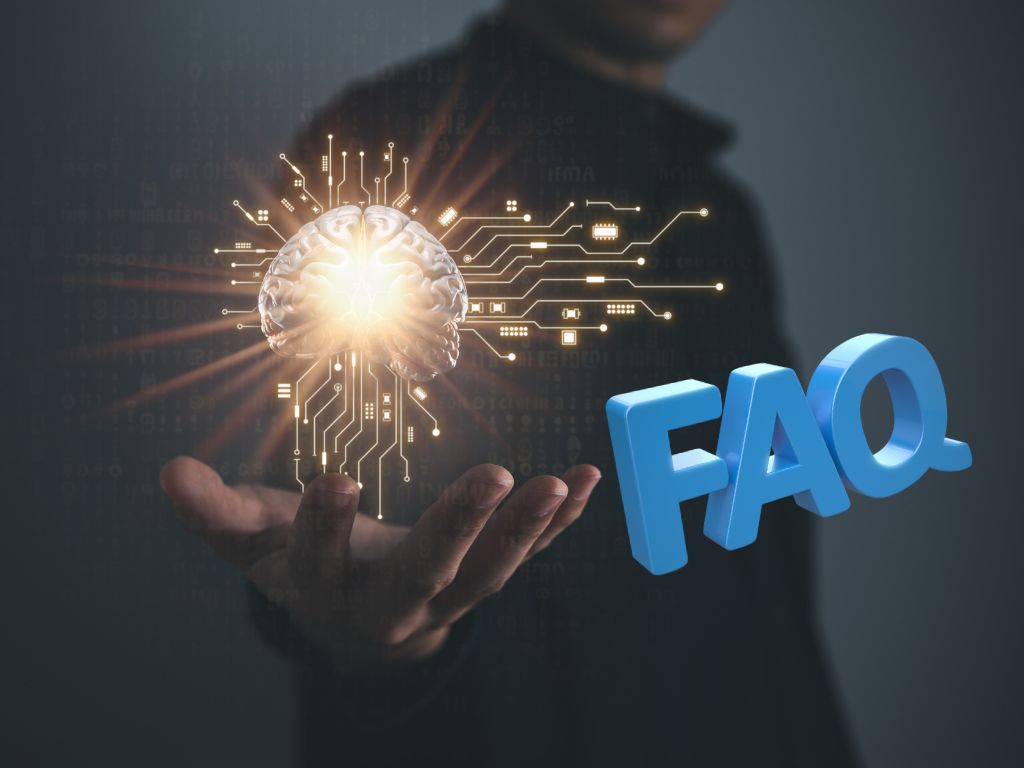
Frequently Asked Questions
What kind of data does AI marketing automation need to be effective?
AI marketing automation thrives on data! To deliver optimal results, it requires access to clean, comprehensive, and relevant customer data. This includes, but is not limited to:
- Behavioral Data: Website browsing history, app usage, clicks, time spent on pages.
- Transactional Data: Purchase history, order values, product preferences, return patterns.
- Engagement Data: Email opens and clicks, social media interactions, ad clicks, content downloads.
- Demographic & Firmographic Data: Age, location, industry, company size (if B2B).
- CRM Data: Customer service interactions, sales notes, lead scores.
The more data you can feed it, and the higher its quality, the smarter and more precise your AI-driven marketing efforts will become.
How quickly can I expect to see results after implementing AI marketing automation?
While the promise of AI is exciting, it’s important to set realistic expectations. AI marketing automation is an evolution, not an overnight revolution. Initial setup, data integration, and allowing the AI models to learn from your specific data typically takes anywhere from a few weeks to a few months. You’ll likely see initial efficiency gains and improvements in personalization relatively quickly. However, the full, compounding benefits – significant ROI improvements, deeper customer insights, and truly optimized campaigns – tend to manifest over several months as the AI continuously learns, refines, and adapts. Patience and consistent monitoring are key.
Is AI marketing automation only for large enterprises, or can smaller businesses benefit too?
Absolutely not! While enterprise-level solutions can be a significant investment, the AI marketing landscape is rapidly democratizing. Many existing marketing automation platforms now integrate powerful AI-powered features, making them accessible to businesses of varying sizes. Small to medium-sized businesses with a decent volume of customer data and a desire to enhance personalization, improve efficiency, or optimize their ad spend can derive immense value. The key is to choose a solution that scales with your needs and budget, focusing on specific pain points you want AI to solve.
Do I need specialized AI experts or data scientists on my team to manage this?
Not necessarily to get started. Many modern AI marketing automation platforms are designed with user-friendliness in mind, offering intuitive interfaces and pre-built functionalities that don’t require deep coding or data science expertise. However, having team members who are analytically strong, data-literate, and willing to learn about AI capabilities will be a huge asset. The most successful implementations involve a collaborative approach: your marketing team provides strategic direction and creative input, while the AI handles the complex data processing and execution. For highly customized or advanced use cases, consulting with or hiring specialized talent might be beneficial.
How does AI marketing automation handle data privacy and security?
Data privacy and security are paramount concerns for any technology dealing with customer information, and AI marketing automation is no exception. Reputable AI marketing platforms are built with robust security measures, including data encryption, strict access controls, and regular security audits. Furthermore, leading vendors are committed to compliance with global data privacy regulations like GDPR, CCPA, and others. When choosing an AI marketing automation provider, it’s crucial to thoroughly vet their security protocols, data handling policies, and compliance certifications to ensure your customer data is protected and used ethically.
Leave a Reply